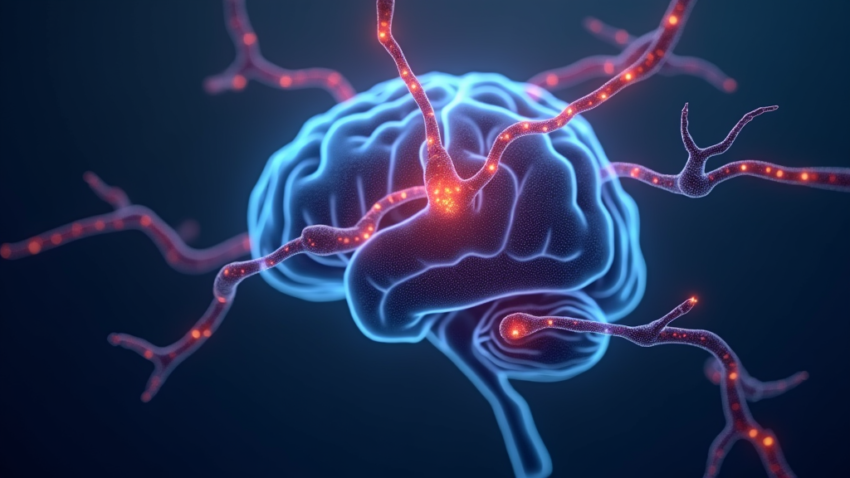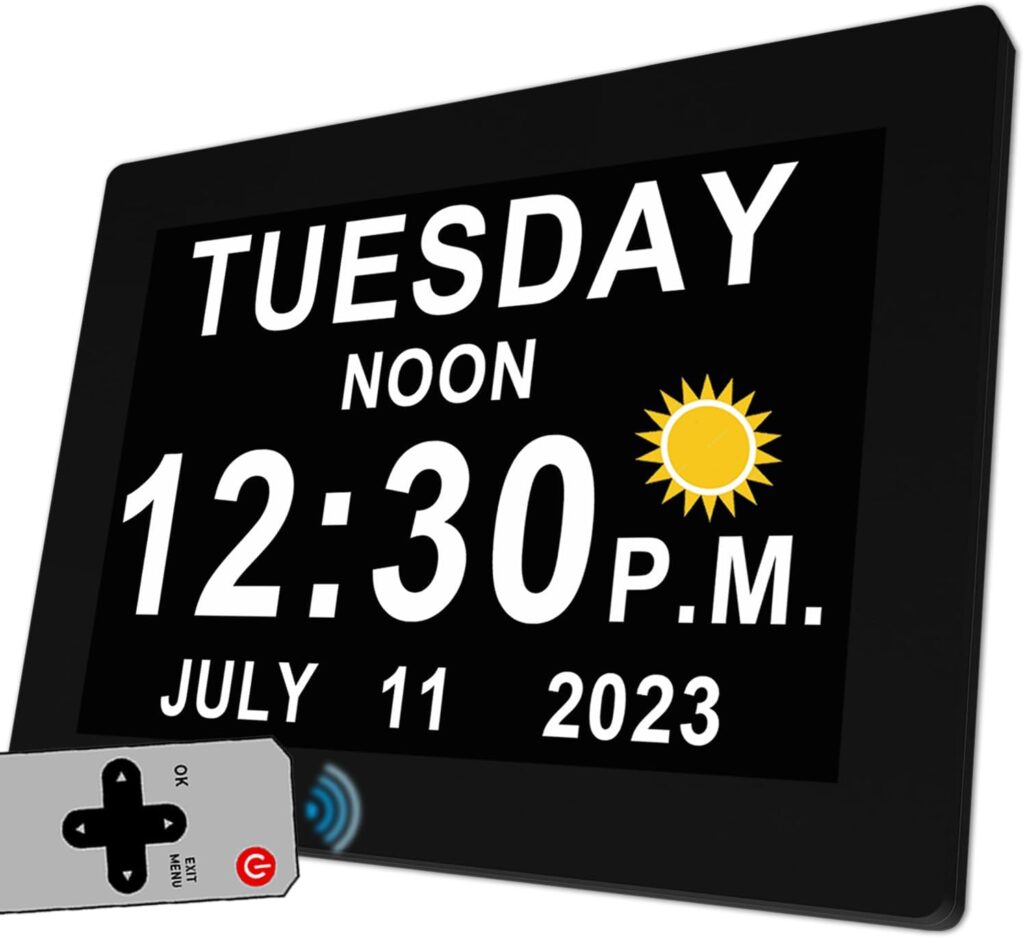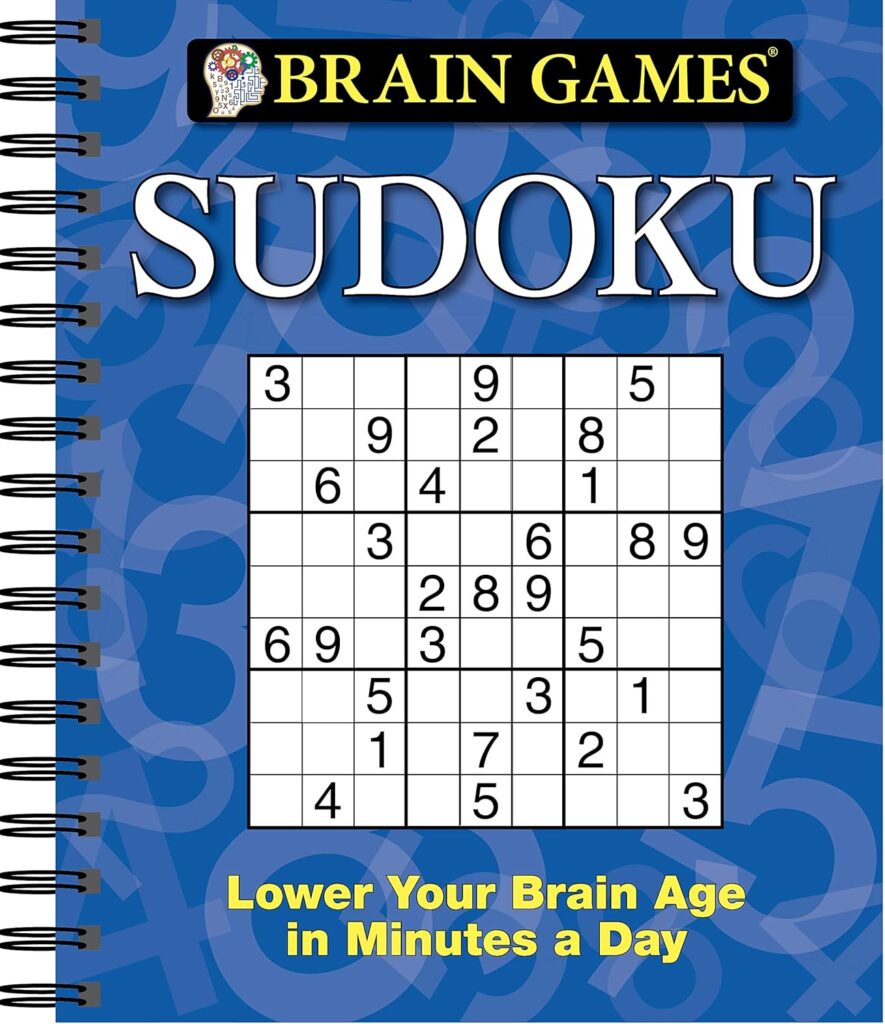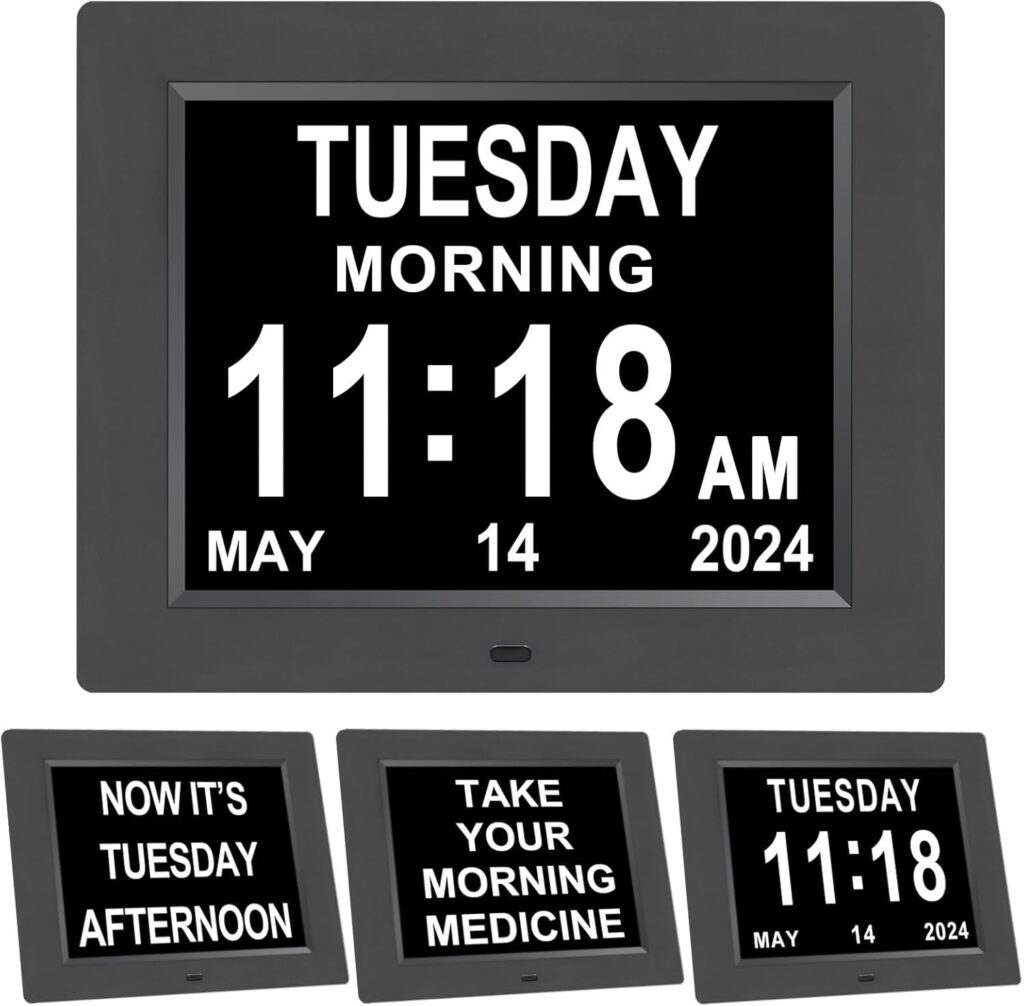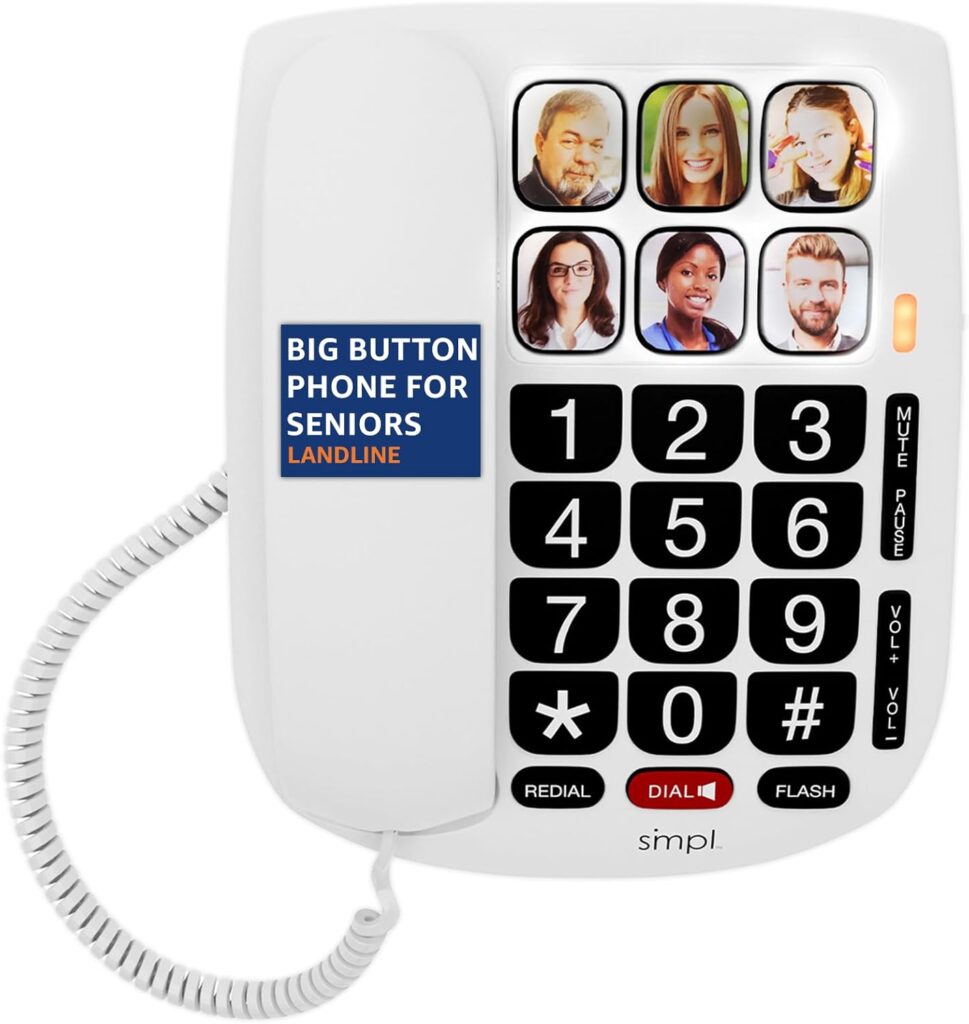Worried about memory loss vs dementia? Learn the key differences, advanced medical options, and practical strategies to manage cognitive decline effectively.
Occasional forgetfulness happens to all of us, but when memory lapses become frequent and disruptive, it might signal something more serious—like dementia.
Knowing the difference between normal memory loss and cognitive decline is key for early intervention. Fortunately, a combination of lifestyle changes, medical treatments, and cognitive therapies can help manage symptoms and support brain health.
This article explores scary forgetful culprits and the most effective strategies for maintaining mental sharpness and improving quality of life.
Memory Loss and Aging
Memory changes are a natural part of aging, but not all forgetfulness signals dementia. As you grow older, the brain processes information more slowly, and occasional lapses—like misplacing keys or forgetting names—are common.
However, significant memory loss that disrupts daily life may indicate something more serious. Factors such as stress, poor sleep, and vitamin deficiencies can also contribute to memory issues, many of which are reversible.
The key is recognizing when forgetfulness is routine and when it suggests a deeper cognitive problem requiring medical attention.
Understanding Memory Loss vs Dementia
The brain is a fascinating machine—until misplacing things, like your car keys, your grocery list, or, let’s be honest, the reason you walked into the kitchen begins to happen! Memory loss vs dementia? They often get lumped together, but they’re not the same thing.
One might mean you forgot where you put your glasses (they’re probably on your head), while the other signals deeper cognitive struggles that affect reasoning, problem-solving, and language. So, how do you tell the difference?
Occasional memory lapses? Totally normal. We all zone out sometimes, especially when life gets hectic. But persistent memory loss—where names, conversations, or even important events start vanishing—might mean it’s time to dig deeper.
Factors like age, lifestyle, genetics, and health issues can all affect how well your brain holds onto information. Sometimes, forgetfulness is just a symptom of stress, lack of sleep, or a minor illness. Other times, it’s a warning sign of something bigger.
Memory Loss and Aging – Is Dementia Just a Part of Aging?
Short answer? No. While age-related memory decline is common, dementia is not a normal part of aging. It’s believed to be caused by conditions like vascular problems, protein build-ups in the brain, and neurological disorders.
These all gradually steal a person’s ability to think clearly. Unlike typical forgetfulness, dementia progresses, interfering with daily life in ways that go beyond misplacing the remote!
Early Detection of Memory Loss vs Dementia
Recognizing signs early is a game-changer. Dementia warning signs—like trouble following conversations, getting lost in familiar places, or repeating the same questions—shouldn’t be brushed off.
Early diagnosis allows for better dementia prevention tips, helping individuals maintain their cognitive function for as long as possible. No, there’s no magic cure, but small steps like adjusting diet, staying socially active, and engaging in brain exercises for seniors can make a difference.
What Causes Memory Loss vs Dementia?
When it comes to memory loss and dementia, the causes are as varied as the symptoms. Some stem from biological changes in the brain, while others are tied to lifestyle habits or environmental factors.
Factors like age, lifestyle, genetics, and health issues can all affect how well your brain holds onto information. Sometimes, forgetfulness is just a symptom of stress, lack of sleep, or a minor illness! Other times, it’s a warning sign of something bigger.
Knowing what’s behind cognitive decline can help you take control of your brain health and, in some cases, even slow its progression. Let’s look at the main culprits.
1. Alzheimer’s and Brain Changes
One of the most well-known culprits of dementia is Alzheimer’s disease. This condition results from harmful protein build-ups in the brain, which disrupt communication between brain cells.
Over time, these changes can cause severe memory decline, confusion, and difficulties with reasoning. The tricky part?
Early signs of dementia can be subtle—maybe you start forgetting recent conversations or struggle to recall familiar names. But as the condition progresses, these lapses become more difficult to ignore.
2. Vascular Dementia and Cardiovascular Health
Another major player in cognitive decline is vascular dementia, which happens when reduced blood flow to the brain damages its ability to function.
High blood pressure, diabetes, and heart disease are all major contributors to this condition. If the brain isn’t getting enough oxygen and nutrients, expect symptoms like short-term memory loss, trouble concentrating, and confusion.
Keeping cardiovascular health in check—through regular exercise, a balanced diet, and stress management—can help lower the risk of this form of dementia.
3. Other Medical Causes
Beyond Alzheimer’s and vascular dementia, there are other forms of cognitive impairment, like Lewy body dementia and frontotemporal dementia.
These conditions affect different areas of the brain and can lead to a mix of symptoms, from language difficulties to impaired problem-solving skills.
Meanwhile, diseases like Parkinson’s can also trigger dementia symptoms, making movement disorders another potential cause.
The Surprising Reversible Causes of Memory Loss
Not all memory loss is permanent—some cases are linked to vitamin deficiencies, thyroid issues, or depression. When these underlying health problems are treated, cognitive function often improves.
That’s why it’s important to rule out these fixable issues before jumping to worst-case scenarios.
4 Early Signs and Symptoms to Watch For
Spotting the early signs of dementia or memory loss can make a world of difference. The sooner these red flags are noticed, the better the chances of slowing down the progression and finding ways to manage symptoms.
The tricky part? These early changes can be subtle, often dismissed as normal age-related memory decline—but they’re worth paying attention to.
Forgetfulness That Goes Beyond the Norm
We all forget things from time to time—where we left our keys, why we walked into a room, or even the name of that actor in our favorite movie. But when short-term memory loss starts interfering with everyday life, it’s a different story.
Repeatedly forgetting recent conversations, missing important appointments, or struggling to retain new information can be an early indication of cognitive decline.
Confusion with Time, Place, and Tasks
Losing track of the day of the week or momentarily forgetting where you are happens to the best of us.
However, persistent confusion about time and place, difficulty following familiar routines, or struggling with multi-step instructions—like cooking a simple recipe or paying bills—may signal something more serious.
Trouble with Problem-Solving and Decision-Making
Another warning sign? Difficulty with planning and problem-solving. Tasks that once felt second nature—like balancing a checkbook, following directions, or making grocery lists—may suddenly become overwhelming.
If a loved one starts struggling with logical thinking or making decisions that seem out of character, it’s time to take notice.
Mood and Personality Shifts
Memory issues don’t just affect cognition—they can also bring emotional changes. Some individuals may become easily frustrated, anxious, or withdrawn, while others may experience mood swings or increased irritability.
Depression and anxiety are also common in the early stages, as individuals struggle to make sense of the changes happening in their minds.
When Should You Seek Help?
Keeping a journal of changes, noting unusual behaviors, and discussing concerns with family members can help identify patterns over time. If these issues persist or worsen, consulting a healthcare professional is crucial.
Early diagnosis opens doors to better treatment options and lifestyle adjustments that can help slow progression and maintain quality of life for as long as possible.
Lifestyle Factors to Manage Memory Loss and Dementia
Understanding the difference between normal memory loss and cognitive decline is crucial for early intervention. Fortunately, a combination of lifestyle changes, medical treatments, and cognitive therapies can help manage symptoms and support brain health.
Emerging research points to chronic inflammation, poor sleep, and high stress levels as contributors to cognitive decline. Prioritizing sleep hygiene, practicing mindfulness, and staying socially engaged can help support brain function well into later years. When it comes to protecting memory, every little bit helps.
The Power of Lifestyle Changes
Stay Active for a Healthy Brain: Regular physical activity plays a major role in supporting brain function. Exercise improves blood flow to the brain, reduces inflammation, and may even stimulate new brain cell growth.
Whether it’s brisk walking, yoga, or strength training, incorporating movement into your routine can help boost memory and cognitive function.
Adopt a Brain-Boosting Diet: What you eat directly affects brain health. A Mediterranean-style diet, rich in fruits, vegetables, whole grains, lean proteins, and healthy fats like omega-3s, has been linked to a lower risk of cognitive decline.
Foods like fatty fish, nuts, and seeds help protect brain cells and support memory retention. Certain herbs and spices also help improve brain function.
Engage the Mind: Challenging your brain regularly can slow mental decline. Activities such as puzzles, reading, learning a new skill, or playing a musical instrument can enhance cognitive function.
Social engagement is also important—staying connected with family and friends helps prevent isolation-related memory decline.
Emotional and Practical Support
Beyond medical treatments, emotional and social support is essential. Caregiver groups, online forums, and counseling services offer invaluable guidance for individuals and families navigating cognitive decline.
If you or a loved one notice persistent memory problems, consult a healthcare professional early on can lead to better management options. Specialists can create a personalized plan that combines medical treatments, lifestyle changes, and therapy to optimize brain health.
Medical Treatments for Managing Dementia
Although dementia has no cure, medications can slow its progression and improve cognitive function. Cholinesterase inhibitors, like donepezil and rivastigmine, increase neurotransmitter activity to aid memory and learning.
Memantine helps moderate brain activity, reducing confusion and enhancing focus.
Structured brain training programs are designed to reinforce problem-solving skills and memory recall. Techniques like memory aids, repetition strategies, and cognitive rehabilitation exercises can help individuals manage daily tasks more effectively.
Finally, new therapies are emerging in the fight against dementia. Clinical trials are exploring disease-modifying treatments that target brain changes before they cause irreversible damage. While still experimental, staying informed about these developments can offer hope for the future.
Advanced Options for Managing Cognitive Decline
When memory loss and dementia become more pronounced, advanced medical treatments and diagnostic tools play a crucial role. Neurologists and geriatric specialists use a variety of methods to assess and manage these conditions, helping individuals maintain their cognitive function for as long as possible.
Diagnostic Tools and Assessments
The first step in managing cognitive decline is proper diagnosis. Tools such as MRI and CT scans, cognitive assessments, and neurological evaluations help doctors pinpoint the extent and cause of memory problems.
These tests can differentiate between Alzheimer’s disease, vascular dementia, and other conditions, ensuring that the right treatment path is chosen.
Medications That Help Manage Symptoms
While there is no cure for dementia, certain medications can help slow symptom progression and improve quality of life. Cholinesterase inhibitors, such as donepezil and rivastigmine, work by increasing levels of neurotransmitters that aid in memory and judgment.
Meanwhile, memantine is often prescribed to help manage symptoms in moderate to severe cases. Though these drugs don’t stop dementia, they may temporarily boost cognitive function and help individuals maintain independence longer.
Cognitive Therapy and Brain Training
Non-medication approaches are gaining attention for their role in managing cognitive decline. Cognitive rehabilitation and memory training programs provide structured mental exercises to keep the brain engaged.
Personalized therapy plans, brain-stimulating activities, and even simple strategies like using memory aids can make a noticeable difference in day-to-day life.
Cutting-Edge Treatments and Research
Ongoing research continues to explore potential treatments that could slow down or even delay the onset of dementia symptoms.
Clinical trials are testing disease-modifying therapies that target the underlying causes of Alzheimer’s and other dementias.
While these treatments are still in development, staying informed and discussing emerging options with a healthcare provider can be beneficial for those looking to participate in cutting-edge care.
Use of Support Networks
Managing memory loss isn’t just about medical treatment—it’s also about emotional and practical support. Support groups for individuals with dementia and their caregivers provide a space for shared experiences, practical advice, and emotional reinforcement.
These networks bridge the gap between technical medical advice and the real-life challenges of living with cognitive impairment.
Take Early Action
Early intervention remains key in managing dementia and memory loss. Seeking medical advice at the first signs of cognitive changes is key.
Documenting symptoms, and exploring treatment options can make a significant difference in maintaining quality of life.
Whether through medications, therapy, or lifestyle adjustments, proactive steps can help individuals and their families navigate the complexities of cognitive decline with greater confidence.
If memory problems begin to impact daily activities and independence, it is very important to consult a healthcare provider for a comprehensive evaluation. Early intervention can lead to better management and improved long-term outcomes.
Additional Perspectives and Future Research Directions
Recent advances in neuroscience have begun to shed new light on the intricate workings of the brain. Researchers are now able to track changes in brain structure and function with much greater precision, offering an all-in-one view of how memory loss and dementia evolve over time.
These studies are not only helping in early diagnostic procedures, but they are also paving the way for innovative therapies that could eventually make a real difference.
Conclusion: Memory Loss vs Dementia in Aging Adults
While memory loss and dementia can be daunting topics, there are many ways to manage and even slow cognitive decline. Early diagnosis, medication, therapy, and lifestyle changes all play a role in maintaining cognitive function.
Support networks and ongoing research provide hope for better treatments in the future. By taking proactive steps now, seniors and their families can navigate the challenges of memory loss with greater ease and confidence.
Always remember that each person’s experience with cognitive decline is unique. What may work well for you may not be ideal for another. Personalized care, ongoing support, and a proactive attitude are all very important when managing memory loss and dementia.
What are your challenges? Let us know in the comment section below.
FAQs for Memory Loss vs Dementia
What is the main difference between memory loss vs dementia?
Memory loss is a normal part of aging, while dementia is a progressive condition that affects multiple cognitive functions, including reasoning, problem-solving, and language.
Can memory loss be reversed?
Some causes of memory loss, like vitamin deficiencies or stress, can be reversed with treatment. However, conditions like Alzheimer’s disease and other dementias currently have no cure.
How can I prevent memory loss?
Maintaining a healthy lifestyle—regular exercise, brain-stimulating activities, social engagement, and a nutrient-rich diet—can support brain health and reduce the risk of cognitive decline.
What are the early warning signs of dementia?
Early warning signs include slight memory lapses such as forgetting recent conversations, occasional confusion about time or familiar routes, increased irritability, difficulty in handling everyday tasks, noticeable mood changes, and withdrawal. If these signs continue or worsen over time, it is a good idea to consult a healthcare provider for a full evaluation.
Can lifestyle changes really prevent dementia?
Although lifestyle changes cannot guarantee prevention, they do play a very important role in reducing risk and slowing progression. Regular exercise, a nutritious diet, and engaging in mental and social activities can all have a positive impact on brain health.
Is memory loss and aging guaranteed?
Memory loss and aging is a common occurrence where occasional forgetfulness becomes more frequent. It’s often due to natural brain changes, but can also indicate cognitive decline or early dementia if symptoms worsen.
References
Williams, M.E. (2016) How Aging Affects Our Memory: Does our intelligence decline as we age? Psychology Today. https://www.psychologytoday.com/us/blog/the-art-and-science-of-aging-well/201611/how-aging-affects-our-memory

